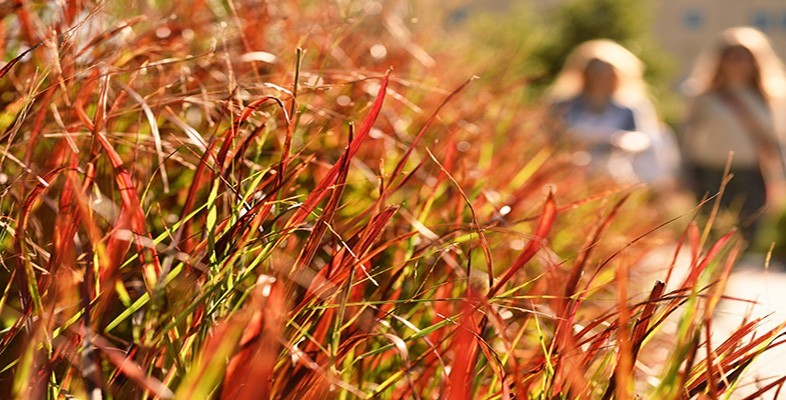Home » Course Layouts » Free Course Layout Udemy
This course, Biofuels, investigates what is meant by biofuel and covers the advantages of using biofuels compared with fossil fuels. The different types of biofuel are explored, with particular emphasis on transport biofuels. Finally, the issue of whether biofuels are the complete answer to our future energy needs is considered.
0
30
English
English [CC]
- Learn basic syntax that can apply to any language.
- Learn what is a programming language and the basic concepts for beginners.
- Understand what is Javascript in it's truest form.
- Know the basic syntax of Javascript.
- Know some hidden quirks in Javascript.
Description
Introduction
This course looks at biofuels, which are sources of energy that come from material that was recently living. This energy is derived from the process of photosynthesis where the plant uses the energy from sunlight to allow it to take carbon dioxide gas from the atmosphere and convert it into sugars and into the carbon-containing structures within the plant. These structures can, for instance, be burned to release the energy they contain. Therefore, burning a biofuel releases carbon dioxide that was trapped only a few years beforehand and so is said to be 'carbon neutral', whereas burning fossil fuel releases both the energy and carbon dioxide that was trapped millions of years before and can lead to global warming. Wood and certain types of grass can be used as biofuels. Plants that contain large amounts of sugar or oil can be used to produce bioethanol or biodiesel, which are important transport biofuels.
Course learning outcomes
After studying this course, you should be able to:
- demonstrate general knowledge and understanding of some of the basic facts, language, concepts and principles relating to plants, in particular, the composition and properties of plants and the different ways in which plant products have been utilized by humans
- demonstrate an understanding of the contribution that science can make to informed debate on issues arising from the use of plants and the threats posed to plants and their habitats
- make sense of the information presented in different ways, including textual, numerical, graphical, multimedia and web-based material.
Course content
-
- What are biofuels? 00:30:00
-
- Energy from plants and climate change 02:00:00
- Wood as an energy source 00:30:00
- Transport biofuels: biodiesel and bioethanol 01:00:00
- Biofuels: some of the issues 00:30:00
- Biofuels Test 00:40:00
N.A
- 5 stars0
- 4 stars0
- 3 stars0
- 2 stars0
- 1 stars0
No Reviews found for this course.










